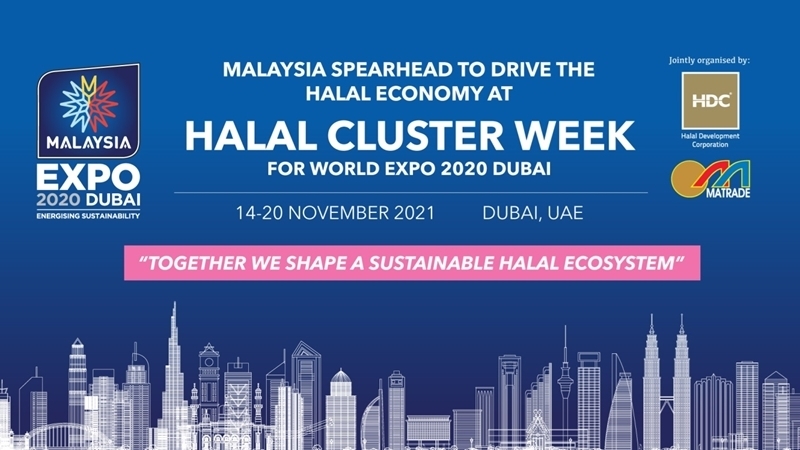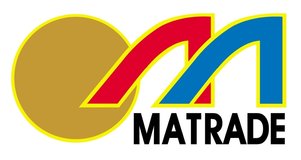 Dubai winning the right to stage the Expo 2020 exhibition will be a major boost for its ambition to be the hub of the global Islamic economy, according to senior executives in the teams involved in both initiatives.
Dubai winning the right to stage the Expo 2020 exhibition will be a major boost for its ambition to be the hub of the global Islamic economy, according to senior executives in the teams involved in both initiatives.
A summit on the global Islamic economy opened in the emirate yesterday, shortly before the Expo decision is announced tomorrow, with more than 3,000 leaders of the Muslim business world attending.
Sheikh Mohammed bin Rashid, Vice President of the UAE and Ruler of Dubai, has set a three-year timetable for the emirate to be the centre of the Muslim world economy.
Hamad Buamin, the president and chief executive of the Dubai Chamber of Commerce, who has worked for Dubai on both initiatives and who gave the welcoming speech at the summit, said: “If Dubai wins Expo it will be a better platform for the 1.6 billion Muslims in the world. It is a better location for the Islamic world than the other contenders.
“The Islamic economy will be a major part of the Expo event, and if Dubai wins it would encourage all parts of industry, not just financial services, to get more involved in the Islamic initiative, especially in tourism, lifestyle and entertainment,” he added.
Another senior Dubai policymaker, who requested anonymity, said: “I see the Islamic initiative and the Expo both as part of Dubai’s key economic strategy. They go hand in hand.”
The summit, organised by the Dubai Government and the information group Thomson Reuters, aims to bring together major players in Muslim business world to discuss practical strategies to exploit the opportunities of the Islamic economy, estimated to have a potential value of US$6.7 trillion, one of the biggest concentrations of economic power in the world.
The summit’s remit goes beyond Islamic finance to cover halal food and other Sharia-compliant consumer products like cosmetics and pharmaceuticals, as well as tourism, entertainment and media.
In his address Mr Buamim said: “We have the opportunity now to lay the foundations for a strong and vibrant global Islamic business community that is united under the same religion. Working with global partners, Dubai is seeking to bring the Muslim world together under the concept of the Islamic economy.”
In finance, Dubai contends with Kuala Lumpur and London for the role of global hub of the investment industry.
Mark Mobius, an emerging markets fund manager at the investment firm Franklin Templeton, injected a note of controversy when asked which of the three centres would emerge as the global leader.
“London doesn’t have a chance because of high taxation and too much regulation,” he said. “The increase in regulation is inhibiting free markets in the UK and Europe, where they are spending an increasing amount of time on compliance.
“This is all very expensive. So places in the Middle East like the UAE have a great chance to become the global leaders.”
Earlier in the summit the audience heard from Baroness Warsi, the British foreign office minister, on how London was focusing on Islamic financial business, and had just become the first non-Muslim country to issue a sovereign sukuk with a £200 million (Dh1.18 billion) Sharia-compliant bond.
Ahmed Ali Al Madani, the president of the Islamic Development Bank, was awarded a “lifetime achievement” award by Sheikh Mohammed for his role “as a significant pioneer of the Islamic economy”.
Mr Al Madani urged Islamic business leaders to be innovative and improve the business environment, especially in banking. “I also call on the leaders of the world economy to be aware of the significant role Islamic finance plays in the world economy,” he added.
Obaid Humaid Al Tayer, UAE Minister of State for Financial Affairs, said: “Adopting Islamic tools will allow you to avoid the risks and have a safe economic environment, and provide an ethical system for business.”
Gerald Lawless, the president and chief executive of the Jumeirah hotels and leisure group, said the trend in the hotel business was for family-friendly facilities that reflected Islamic values.
“We are considering adapting our website to ask potential customers ‘what are your cultural preferences’, and we’re having talks with our owner, Dubai Holding, about the possibility of ‘family only’ parts of our hotel beaches,” he added.
Saleh Abdullah Lootah, the managing director of the Dubai-based Al Islami halal food company, said development of the global industry had been hampered by failure to agree on common standards and poor quality.


